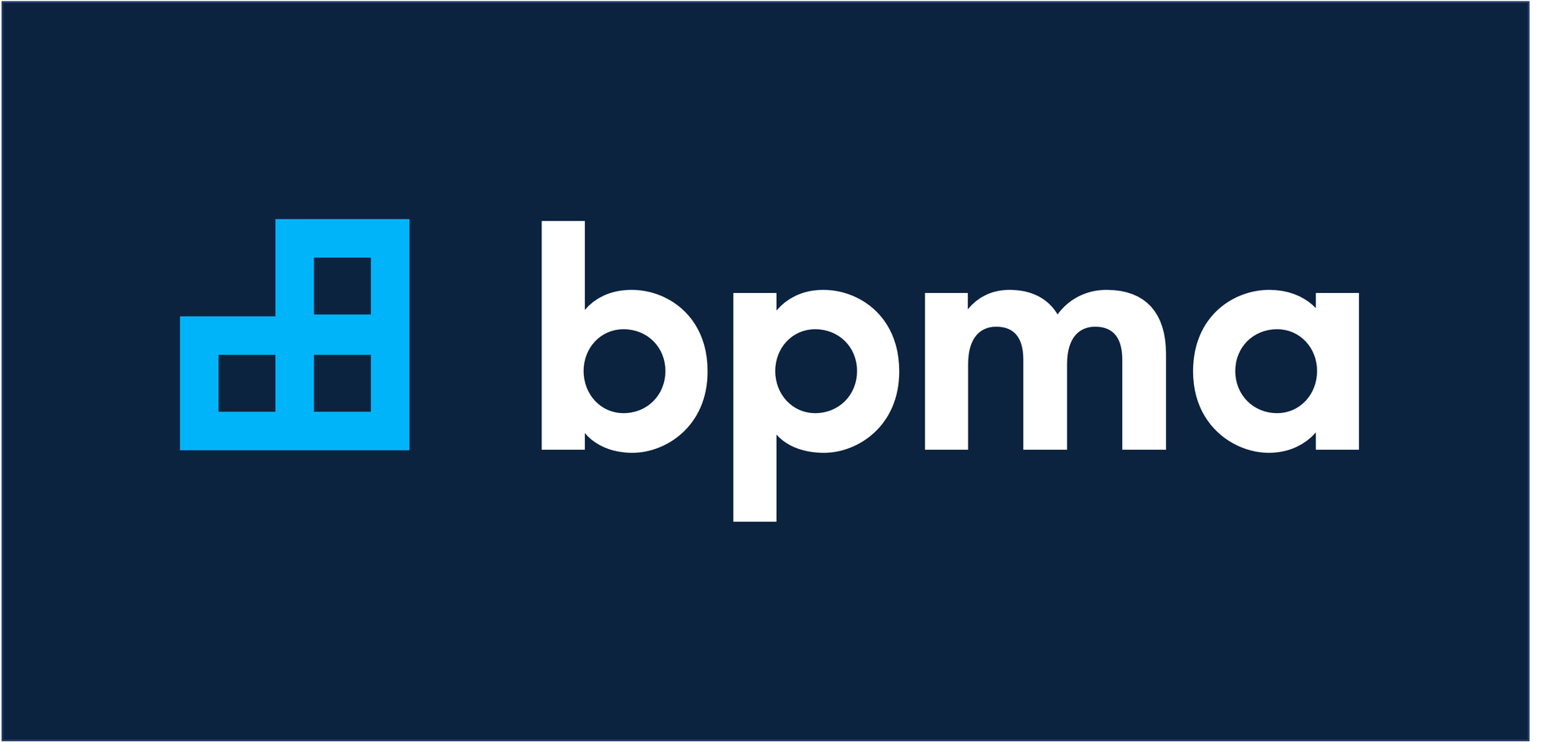Before you upload that contract to Ai ...
A Guide to Using Ai for Contract Review & Analysis
Artificial intelligence tools can significantly reduce the time required to review and analyse complex contracts, contractual risks and the impacts of contractual events. Here are some essential confidentiality considerations and implementable best practices for Engineering and Construction firms.
By Brent Boden,
October 2025
Executive Summary
Leveraging artificial intelligence (AI) to review and analyse contracts can significantly streamline contracts and commercial management workflows, but it also introduces serious confidentiality risks. However, by adopting a strategic approach that combines careful selection of AI tools, robust internal processes, and a clear understanding of legal obligations, you can harness the power of AI without compromising sensitive information.
For Project Managers, Commercial Managers, Contracts Managers, and Engineers, navigating the complexities of contracts is a daily challenge. From head contracts and subcontracts to supply agreements and consultancy engagements, the volume and complexity of documentation can be immense.
Artificial intelligence (AI) offers a powerful opportunity to streamline the review of these documents, enabling you to quickly identify interdependencies, risks, assess the validity of claims and variations, flag onerous clauses, and manage commercial issues that arise during project delivery.
However, this improved efficiency comes with a significant responsibility: maintaining confidentiality. Project documents are filled with sensitive information, including client data, commercial pricing, proprietary methodologies, and intellectual property. Unauthorised disclosure of this information can lead to a breach of contract, damage client trust, cause significant reputational damage, as well as give rise to unforeseen commercial costs.
This guide outlines how companies can strategically use AI for contract review and analysis without compromising these critical confidentiality obligations.
Choosing the Right Tool
The selection of an appropriate AI contract review tool is paramount to maintaining confidentiality. Not all AI solutions are created equal, and their security postures can vary significantly.
Key features to look for in a secure AI contract review tool include:
- End-to-End Encryption: Data should be encrypted both in transit (as it’s uploaded and downloaded) and at rest (while stored on the provider’s servers). Look for strong encryption standards like AES-256.
- Robust Access Controls: The platform should allow you to control who within your organisation can access, review, and annotate contracts. Role-based access control ensures that only authorised personnel can view sensitive documents.
- Data Anonymisation and De-identification: Some advanced tools offer features that can automatically identify and redact or pseudonymise personally identifiable information (PII) and other sensitive data before the AI analyses the contract.
- Explicit Data Handling Policies: The provider’s terms of service and privacy policy should clearly state that your data will not be used to train their general AI models. Look for vendors who offer a “zero-data retention” or “private instance” option.
- Compliance with Australian Law: Ensure the provider complies with the Australian Privacy Principles (APPs) and the Privacy Act 1988. Data sovereignty is also a key consideration; ideally, your data should be stored in data centres located within Australia.
Deployment Options: On-Premise vs. Cloud:
- On-premise solutions offer the highest level of control and security as the software is installed on your own servers. This minimises the risk of third-party data access.
- Private cloud solutions provide a dedicated environment for your organisation, offering a balance between the security of an on-premise solution and the flexibility of the cloud.
- Public cloud solutions are the most common but require the most scrutiny. It is crucial to verify their security measures and data handling policies.

A Due Diligence Checklist for Selecting a Secure AI Vendor:
Before committing to an AI contract review tool, conduct thorough due diligence by asking potential vendors the following questions:
Security & Encryption
Security & Encryption
- What encryption standards do you use for data in transit and at rest?
- Where will our data be stored geographically?
- What are your data breach notification procedures?
Data Usage and Privacy
Data Usage & Privacy:
- Will our data be used to train your AI models?
- What are your data retention and deletion policies?
- Are you compliant with Australian privacy laws?
User Access & Control
User Access & Control
- What access control features do you offer?
- Can we audit user activity on the platform?
Certifications & Audits
Certifications & Audits
- Do you have any third-party security certifications (e.g., ISO 27001, SOC 2)?
- Can you provide us with your latest security audit reports?

Best Practices for Internal Use
Beyond selecting the right tool, implementing robust internal processes is crucial for maintaining confidentiality when using AI for contract review.
- Develop a Clear AI Usage Policy: This policy should outline which types of contracts are suitable for AI review, the procedures for anonymising data, and the approval process for using AI tools.
- Anonymise Before You Analyse: Before uploading any contract to an AI platform, take the time to redact or pseudonymise all sensitive information. This includes: Names of individuals and companies; Financial details; Specific commercial terms and trade secrets; Any other information that could be considered confidential.
- Data-Train Your Team: Ensure that all staff who will be using AI tools for contract review and analysis are trained on your organisation’s AI usage policy and the importance of confidentiality.
- Start with Low-Risk Documents: When first implementing an AI contract review tool, begin with lower-risk documents to test the system and refine your internal processes before moving on to more sensitive contracts.
- Always Review AI Output: Remember that AI is a tool to assist, not replace, human contracts management and legal professionals. Always have an appropriately qualified professional review the AI’s output for accuracy and to ensure that no confidential information has been inadvertently exposed.
Legal, Commercial & Project-Specific Considerations
While all Australian businesses are bound by the Privacy Act 1988 and the Australian Privacy Principles (APPs), companies in the engineering and construction sector often face additional layers of explicit contractual obligations. The contracts governing major projects almost invariably contain strict, detailed confidentiality clauses that dictate how project information can be handled, stored, and shared.
For project practitioners, the duty of confidentiality is not just an abstract legal principle; it’s a core commercial and contractual requirement. A breach can trigger significant consequences, including:
- Breach of Contract: Exposing confidential information to an unauthorised third party (including an insecure AI platform) can place your company in direct violation of its contractual agreements with the client or head contractor.
- Reputational Damage: Clients in this industry expect the highest level of discretion. A confidentiality breach can severely damage your firm’s reputation and jeopardise future opportunities.
- Loss of Intellectual Property: Using an unsecured AI tool could inadvertently leak proprietary designs, construction methodologies, or commercial strategies, eroding your competitive advantage.
- Government & Defence Sector Requirements: Projects for government agencies or in the defence sector often come with even more heightened security protocols and information handling requirements, where non-compliance can have severe penalties.
Therefore, the decision to use an AI tool must be weighed against the specific confidentiality undertakings your company has made on each project.
Important Disclaimer
This guide provides general information only and does not constitute legal advice. Contracts within the engineering and construction industries, particularly on major projects, are often bespoke and highly negotiated. The specific confidentiality clauses within your contracts will ultimately govern your obligations and permissions regarding the use of third-party tools, including AI platforms.
Before implementing any AI solution for contract review, it is essential that you engage with your legal team. They can help assess your unique contractual requirements and advise on the appropriate steps to ensure full compliance.
